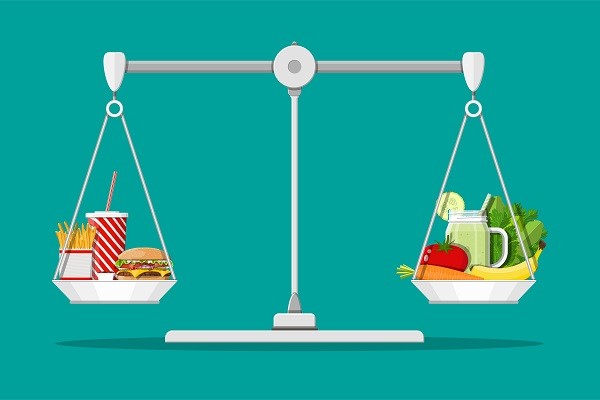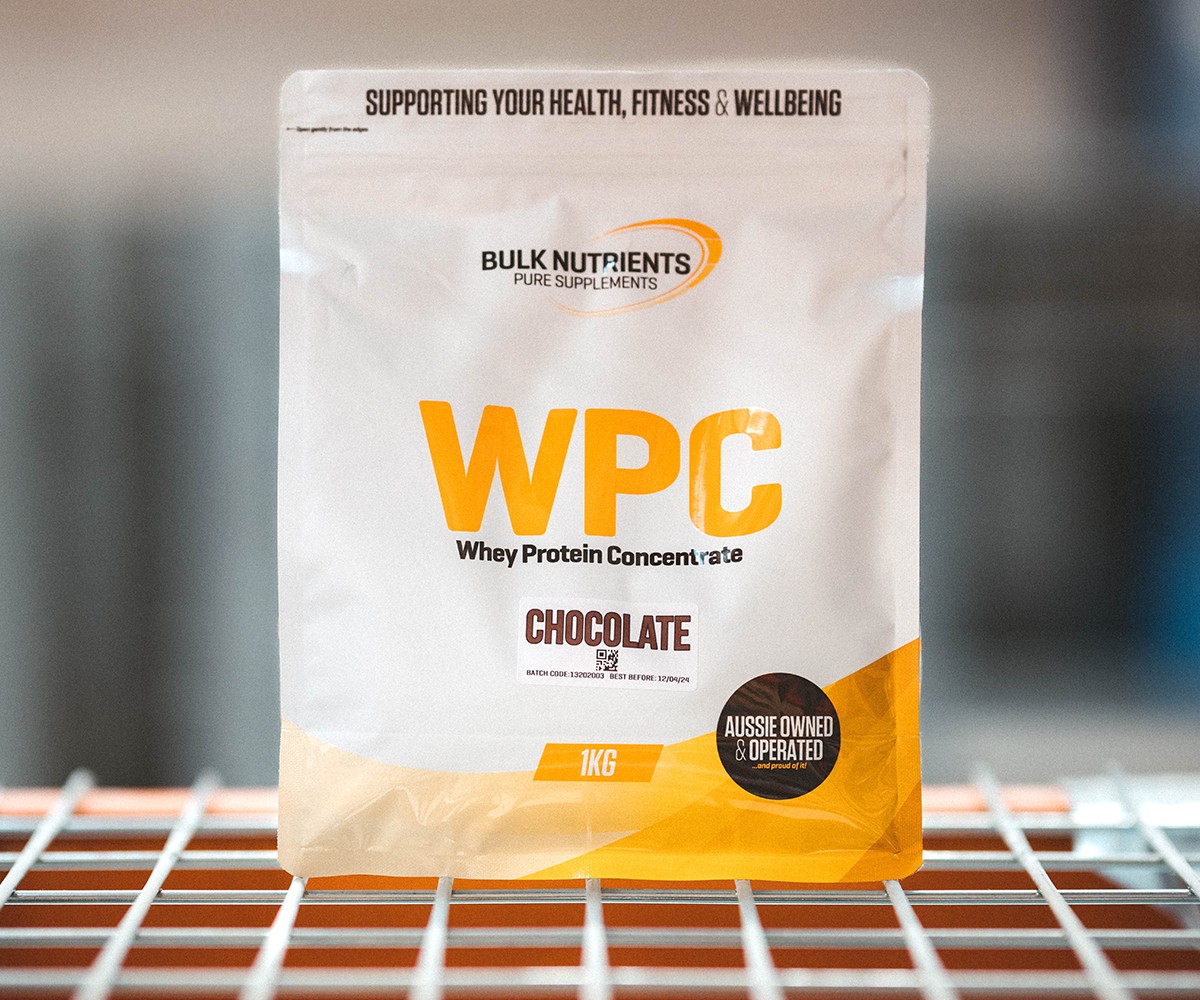Basic Food Groups, Balanced Diets and Where Do Supplements Fit?

The beginnings of a balanced diet
A balanced diet includes five major food groups and gives your body the nutrition it needs to function properly daily. To get a truly balanced nutrition intake, you should obtain the majority of your daily calories from fresh fruits and vegetables, carbohydrates, dairy products, lean proteins and good healthy fats.
The main food groups
There are five main foods groups we need to include daily into our diets, namely:
- Fruits.
- Vegetables.
- Grains.
- Dairy.
- A protein group.

Fruit and Vegetables
Fruit and vegetables are essential sources of nutrition and are especially rich in vitamins and minerals. Five servings with variety are the minimal suggestion.
For example, just one medium-sized apple or pear is equal to one serving. Not only are fruits and vegetables vital sources of nutrition, consuming enough fruit and vegetables will improve your health and reduce the risk of disease.
Grains
Starchy foods, also categorised as your carbohydrates include bread, cereals, pasta, and rice, and are an extremely important part of a healthy diet and healthy body. By increasing fibre, it can reduce constipation and other IBS symptoms. These complex carbohydrates are an essential source of energy for the brain and offer the most efficient energy to fuel our bodies.
However, this food group should not exceed more than 1/3 of our total dietary intake. Wholegrain or wholemeal alternatives are encouraged as they usually contain more fibre and less sugar than white varieties.
Dairy
You should aim for an average of three servings of dairy products daily with a 250ml glass of milk being one serving example.
Protein
Protein includes your meat, fish, eggs and beans. Protein aids growth and repair for the body’s muscles, further helping with building muscle and recovery. Protein sources are nutritionally beneficial as they contain vitamins and minerals such as iron, zinc and the B-group vitamins. Fish is also particularly rich in omega-3 fatty acids.
Protein should be included in every meal and can include dairy foods such as yoghurt and milk, however, these sources are more important for containing other vitamins such as calcium, for bone health.
Goods fats and bad fats
Dietary fats are considered sources of energy for the body, but if we overeat them (which most individuals do), we store them, and it becomes fat – resulting in weight gain. Saturated and trans saturated fats are found in most processed foods such as butter, fast foods, biscuits, and cakes.
Good fats; monounsaturated and polyunsaturated fats are essential for good health. Other types of fats, namely saturated and trans saturated fats, are considered bad fats.
Good fats are found in fish, nuts, avocado and olive oil, and can help to lower cholesterol and provide us with the essential fatty acids needed to help us stay healthy. Fish, nuts, seeds, avocados and olive oil are also great sources of our good fats. Two servings of these good fats a day are suggested.

The importance of balanced nutrition
A balanced diet will give you all the proper nutrition you need for your body to work effectively. Without balanced nutrition, our bodies become more prone to fatigue, infection and disease. We lose concentration and have poor performance.
When it comes to a healthy diet, balance is the key to getting it right. This means eating a wide variety of foods in the right proportions and consuming the right amounts to achieve normal weight status.
However, with overwhelming and demanding lifestyles, a balanced, healthy diet is not always achievable. The average Australian adult diet leaves a lot to be desired. Most of us are lacking some of the most essential nutrients; including calcium, magnesium, and vitamin D.
This is where supplements come into play, to help us make up for what we are not consuming. Supplements can definitely enhance someone’s diet, especially when we are lacking certain nutrients.
However, supplements should never replace actual nutrient-dense food, rather just be used as an extra aid if needed.
Supplementing to help you reach your nutritional needs
Some individuals will need supplements more than others, even with a mostly balanced diet including a wide variety of foods. For example, women who are pregnant need to increase their folic acid daily, by around 400 micrograms.
This is not possible through diet alone, and the best way is from fortified foods and supplements, in addition to eating foods that naturally contain folate.
Dietary supplements are also important for those with diet restrictions and food intolerances that can be limited to a smaller variety of foods. An individual with lactose intolerance may need a calcium supplement to make up for the lack of dairy products in their diet.
Protein intake, alongside exercise, particularly weight training and resistance training will increase muscle mass, help you lean up, and is essential for muscle growth and recovery. We do not always have time to prepare nutritious protein meals or snacks post-workout. Protein shakes therefore are convenient, and can be a nutritious way to increase our protein intake straight after a workout.
It is important to make sure we are still consuming a balanced diet and that protein shakes are not replacing other nutritious foods such as fruit and vegetables, carbohydrates and fibre, but rather are just another, convenient protein source.
The suggested protein intake depends on an individual’s weight. The DRI (Dietary Reference Intake) is 0.8 grams of protein per kilogram of body weight that an individual should way. This will increase depending on an individuals exercise regime. The more training someone does, particularly weight training, the more protein they will need.
My choice of protein supplement is Bulk Nutrients WPC Chocolate.

Conclusion
Eating a balanced diet means consuming a variety of foods from the five main food groups; fruits and vegetables, carbohydrates, dairy, fats and protein, and minimising the bad stuff. It allows for supplementation if needed, but should not rely solely on them.
Eating a balanced diet will maintain a healthy diet that providing adequate nutrition. Eating a variety of foods can boost your health status, by reducing and preventing diseases such as cardiovascular disease and diabetes.
Related Blogs

How Effective Are Diet Apps for Weight Loss?
Posted by Dayne Hudson
Estimated reading time: 6 minutes

Fighting Food Cravings
Posted by Bulk Nutrients
Estimated reading time: 4 minutes

Popular Diets Explained
Posted by Nicole Frain
Estimated reading time: 6 minutes





























